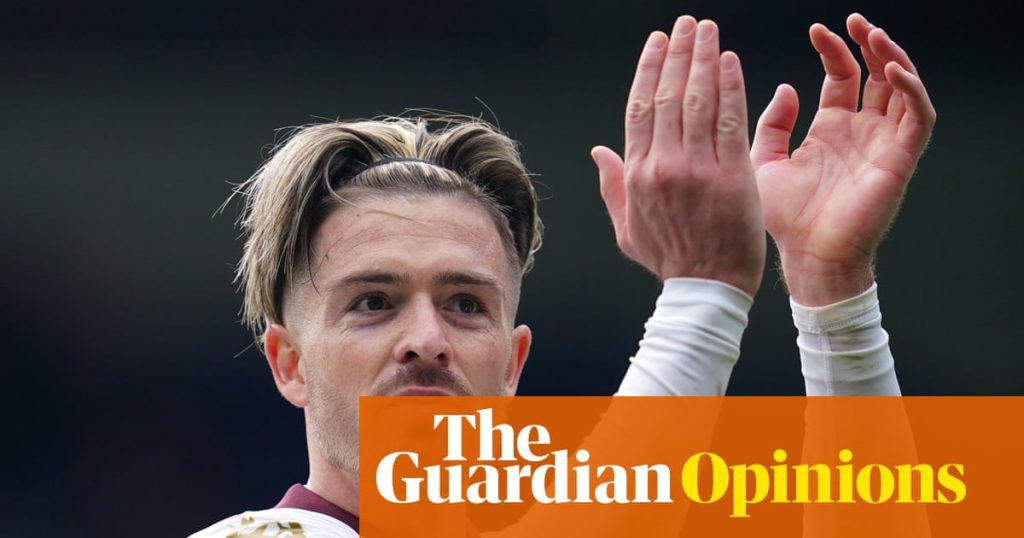A lone figure trains at Bodymoor Heath as dusk approaches. His iconic silhouette stands out against the setting sun: floppy hair, a bent posture, and muscular calves. Jack Grealish is diligently refining his skills, pushing the boundaries of his technical prowess.
He has led Aston Villa to promotion, aided them in avoiding relegation, and helped establish their presence in the Premier League. His popularity is immense. Even fans of rival teams appreciate his talent, connecting with the playful essence he retains, reminiscent of a child enjoying the game. During the previous summer’s Euros, he became a cause célèbre, embodying the calls for Gareth Southgate to unleash a more adventurous side, symbolizing a belief in raw talent.
However, Grealish sought greater challenges. As a devoted Villa supporter, he loved the club, but yearned for the chance to compete at the pinnacle of football, aiming for league titles and deep runs in the Champions League. He didn’t want to just be known for his playful style; he had serious professional aspirations. Then, like a scene from a tale, a shadowy figure appeared—perhaps a devilish agent—offering Grealish the chance to achieve his dreams if he signed a six-year deal with Manchester City. He signed, but the figure hinted at a price.
Fast forward four years, and Grealish, the first British player to be signed for £100m, is now being loaned to Everton. He has collected three league titles, a Champions League trophy, and an FA Cup. Yet, there is a lingering feeling that his move hasn’t panned out as hoped—much has been gained, but much has also been sacrificed. There are thoughts that David Moyes could help him recapture the joy in his game.
From a detached perspective, Grealish’s career trajectory appears ideal. A gifted youth joins his local club, thrives, moves to a major team, collects trophies, and then, nearing 30, joins another historic club. This should be the standard path. If he had remained at Villa, criticisms regarding his ambition might have surfaced just as they did for Harry Kane before transitioning from Tottenham to Bayern.
However, Grealish’s story intertwines with broader debates about Pep Guardiola’s coaching style. Opinions vary, from fervent critics of modern tactics to more reasoned analyses questioning whether a strict focus on positioning has made teams predictable. Guardiola himself falls within the latter category, always evolving, which is why he initially sought Grealish to inject creativity, much like he later pursued Erling Haaland.
Initially, Grealish seemed to fit this vision. Yet, as Guardiola implemented his philosophy, Grealish found himself reshaped by the system more than influencing it. Despite some success, including winning the treble and starting significant matches, his playing time dwindled in subsequent seasons. Injuries certainly contributed, but lifestyle choices have also been noted, with Guardiola hinting at a connection when Grealish faced setbacks last year.
Grealish’s future remains uncertain, but if he can stay injury-free, there is still a potential for a remarkable resurgence in his career, possibly leading to success at a club that truly values him. If he can rediscover his enjoyment in football, transforming his initial Faustian bargain into a fruitful journey, it would be a captivating saga—starting and ending as a beloved player, with a remarkable trophy-laden chapter in between.



